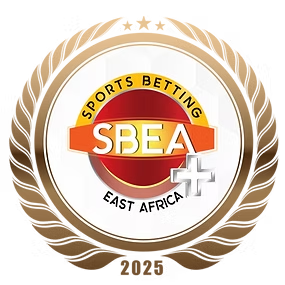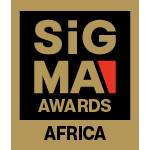The African iGaming market is rapidly emerging as one of the fastest-growing in the world, with Nigeria, Kenya, and South Africa leading the way. As mobile internet access improves and younger populations look for new forms of entertainment, demand for sports betting and online casinos continues to rise.
For operators, however, success in these markets depends on more than just growth potential. Fragmented regulations, high taxation, and cultural or religious resistance can all create barriers. In this environment, understanding and preparing for audit procedures is critical. Regulators bodies such as the National Gambling Board (South Africa), the Betting Control and Licensing Board (Kenya) and the National Lottery Regulatory Commission (Nigeria), require betting platforms to prove compliance across areas such as technical systems, financial integrity, and responsible gaming practices. Getting this right not only accelerates licensing but also builds long-term trust with both players and regulators.
Key Audit Procedures for African Markets
1. Information Security and IT Infrastructure
Operators must demonstrate robust protection of player data and platform integrity as part of standard audit procedures. Expect regulators to review your information security policies, penetration testing results, and evidence of secure system access controls. Referencing globally recognized standards like ISO/IEC 27001, PCI DSS, or GLI-19 can strengthen your audit documentation and demonstrate adherence to best practices.
2. Game Fairness and RNG Testing
Operators are required to demonstrate that their games are fair and transparent, and a common way to meet this expectation is through independent testing of Random Number Generators (RNGs) and game logic by accredited laboratories. During audit procedures, regulators expect certification proving that betting outcomes are unbiased and verifiable. This not only ensures compliance but also reassures players of fair play.
3. AML and KYC Compliance
African regulators are aligning closely with global standards for Anti-Money Laundering (AML) and Know Your Customer (KYC). Several jurisdictions now follow FATF mutual evaluations and adopt EU 5AMLD-inspired frameworks, ensuring greater harmonization with international norms. Audit procedures typically include a review of identity verification processes, suspicious transaction monitoring, and reporting procedures. Having a well-documented AML policy tailored to local laws is a non-negotiable.
4. Financial Controls and Reconciliation
As part of standard audit procedures, regulators look for clear evidence of fund segregation, reconciliation practices, and transparent reporting of tax obligations. Auditors will want to see sample transaction trails that connect wagers, settlements, and payouts. Leveraging automated reconciliation software or blockchain-based audit trails can improve transparency and accelerate compliance reviews.
5. Responsible Gambling and Player Protection
Self-exclusion tools, deposit limits, and communication and intervention protocols are standard in audit procedures. Platforms must prove they have systems in place to prevent underage or problem gambling.
Why White Label Platforms are the Smartest Way to Pass African Audits
The fragmented regulatory landscape in African iGaming markets makes navigating audit procedures one of the biggest challenges for operators. Meeting audit requirements from scratch can be time-consuming and resource-intensive, particularly for newcomers. This is where white label platforms offer a significant advantage. Providers of white label solutions often include compliance and licensing support, reducing risk and helping operators navigate audits more efficiently. These platforms typically arrive audit-ready, with pre-certified systems and established compliance frameworks in place. From RNG certification to AML monitoring tools, white label solutions are designed to meet regulatory standards, allowing operators to leverage the provider’s proven compliance track record instead of building extensive audit documentation from the ground up.
For example:
- Security: White label solutions often come with ISO-aligned security measures.
- Fairness testing: Games are pre-certified, saving operators the cost and time of independent lab testing.
- AML/KYC: Built-in monitoring systems streamline audit procedures and ensure operators meet FATF-aligned expectations.
- Responsible gaming: Pre-integrated tools simplify regulatory approval.
This approach allows new operators to focus on growth and player acquisition, while relying on their platform provider to handle much of the audit-heavy compliance work. For a step-by-step guide on launching an online casino, consider exploring PlaylogiQ’s comprehensive resource on starting an online gambling business.
Compliance and Trust as Cornerstones of Market Entry
For betting operators eyeing Africa, mastering audit procedures is the foundation of sustainable success. Regulators will continue raising the bar on security, fairness, and responsible play. By preparing strong audit evidence, or partnering with a white label platform that already has these certifications in place, operators can move faster, avoid costly compliance pitfalls, and build credibility in one of the world’s most exciting iGaming markets.


